With the current canine flu epidemic, knowing how to keep your dog healthy is extremely important. Even if you are not in the Chicago area, it’s good to know these tips – with all the travel people do, the flu could spread further than you think. Why? Because people can carry the germ on their clothes for up to twenty-four hours. LittleThings.com has 10 tips to keep your dog from coming down with this nasty bug.
#1 – Keep them away from other dogs
Since dogs are the only animals that carry canine influenza, the most effective measure you can take against the illness is by keeping them away from other pups. The disease can be transmitted just by sniffing noses, so complete isolation from other dogs is the safest option during the outbreak.
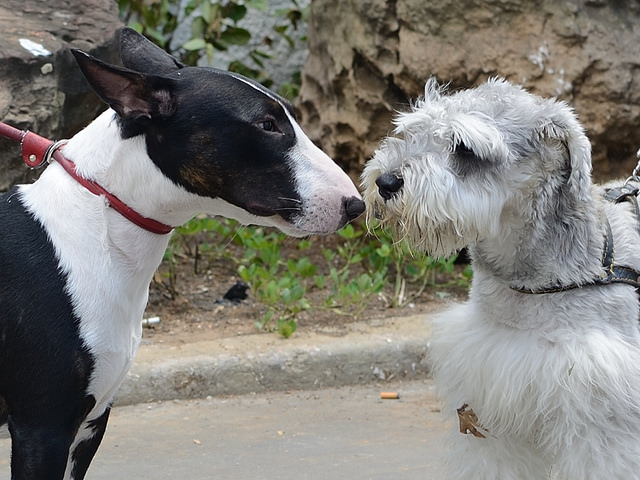
#2 – Wash your hands after touching other dogs
While humans aren’t affected by the disease, they can still transfer it to other dogs by carrying it on their skin. Make sure that you wash your hands thoroughly as soon as possible after touching other dogs, and avoid touching your own dog if you haven’t had the chance to wash your hands yet.
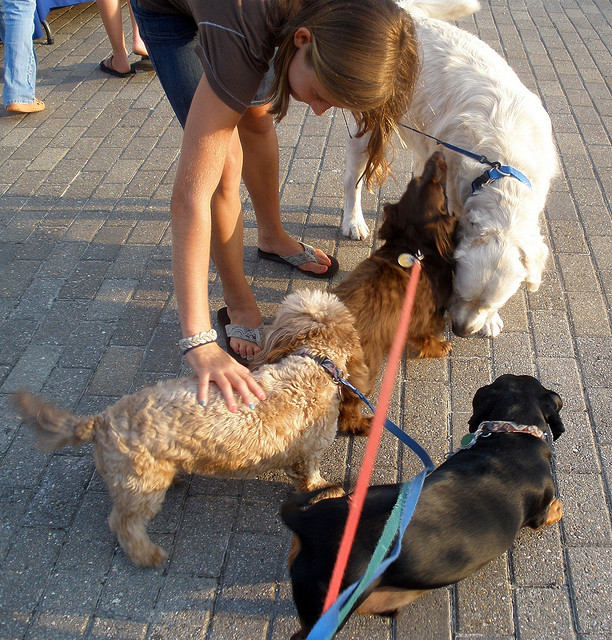
#3 – Change your clothes after interacting with other dogs
Canine influenza can survive on fabrics for as long as 24 hours. If you come into contact with another dog, change your clothes before giving your own pup a hug when you come home to prevent him from catching the illness through your t-shirt.
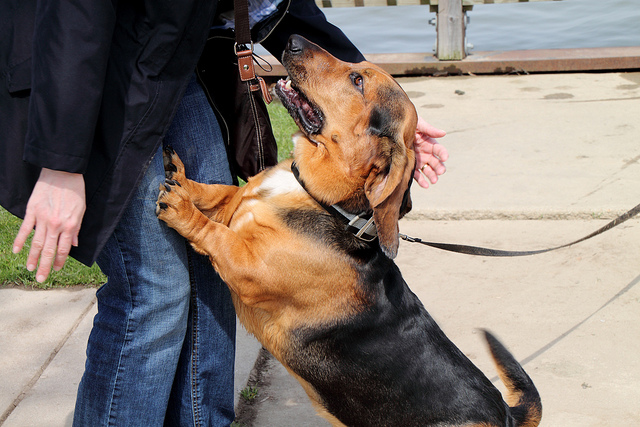
#4 – Isolate dogs that are already infected
While it may be impossible to know if your dog has been infected if she’s not showing symptoms, it’s important to separate your dog from others the moment you suspect she might have the dog flu. Although dogs are most contagious before they begin to show symptoms, you can still prevent other dogs from catching the illness by keeping infected dogs isolated for about two weeks after symptoms start to show up.
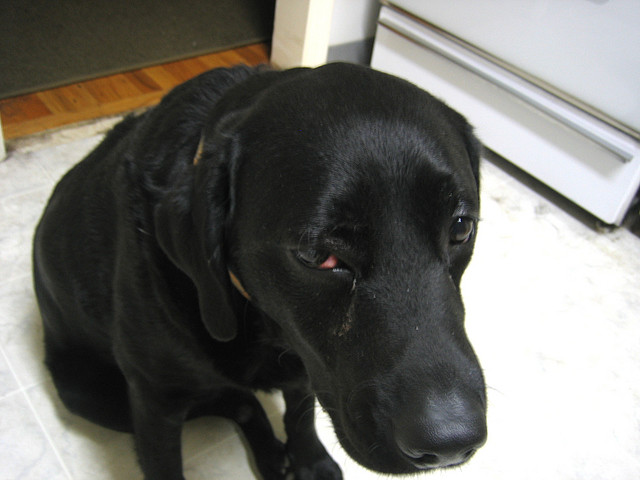
#5 – Disinfect hard surfaces
The dog flu can survive on hard surfaces for up to 48 hours. If you know that another dog has interacted with a hard object that your own dog might encounter, such as a toy or bowl, thoroughly disinfect the object and prevent your dog from having access to it for at least a few days.
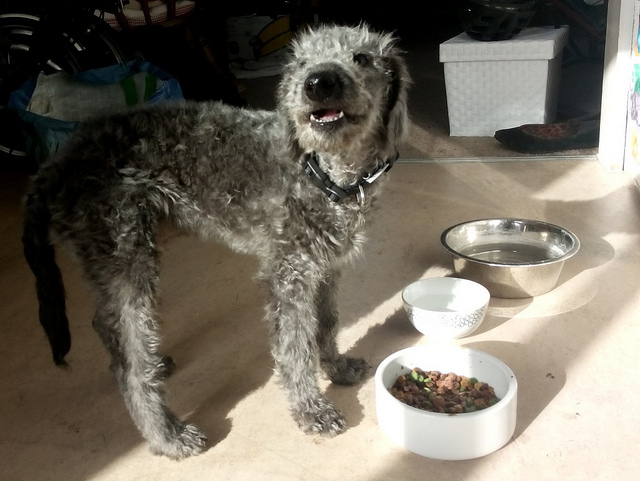
#6 – Use gloves when handling affected dogs or cleaning up after them
If you have a job that requires being around different dogs all day, it can be even harder to prevent yourself from becoming an inadvertent carrier for the dog flu. Wearing gloves around dogs you know are affected by the illness is a great extra precaution you can take to prevent other animals from getting sick. When cleaning out a sick dog’s cage, wearing gloves can help you from accidentally coming into contact with bodily fluids and contaminating other surfaces.
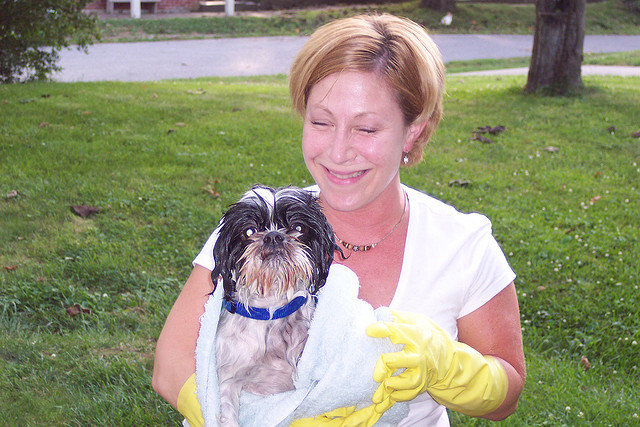
#7 – If you take your dog to the vet, ask if you can keep her in the car while she’s examined
It might seem extreme, but this technique is actually being mandated by many veterinary clinics around the country as they’re being overrun with flu-infected dogs. Since so many dogs pass through vet clinics, there’s a much higher risk of your dog getting sick if you take him inside. If you know your dog is infected, keeping him in the car can help prevent countless other dogs from getting the flu. While major procedures, such as surgeries, will obviously require the dog to enter the clinic, your vet might be willing to take care of smaller things, such as vaccinations, outside. It certainly doesn’t hurt to ask!
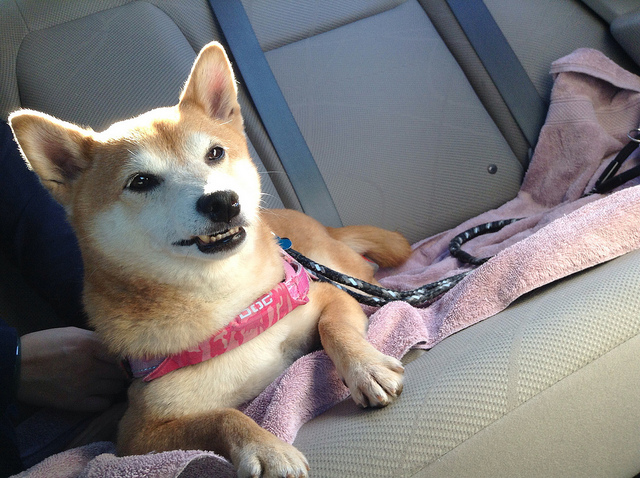
#8 – Get your dog vaccinated
If you have multiple dogs, or if your dog absolutely has to spend time inside a vet clinic or kennel, getting her vaccinated is probably the best course to take. The vaccine costs about $30, and since the flu hasn’t shown any signs of mutating like the human flu does, it’s generally safe to say that it will protect your dog from getting the flu. They’re given in two doses from two to four weeks apart. But if the only way to get your dog vaccinated is to enter a vet clinic that has seen many infected dogs, it’s much safer just to keep your dog at home.
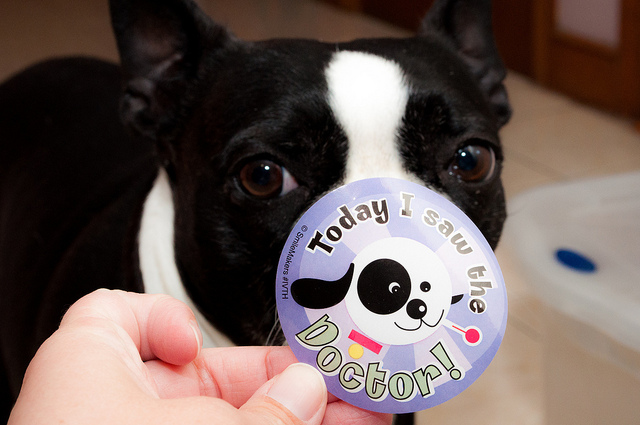
#9 – Stay up-to-date on the news
While the outbreak has mainly been seen in Chicago thus far, there have also been cases around other parts of the country. Make sure you stay updated with news of the illness to make sure that you’re taking the necessary precautions if it starts to become more prevalent near you. You might not need to scrub down every surface in your house if you live in California right now, but knowing how the flu is spreading can help you be better prepared if your dog does become more at risk.

#10 – If your dog shows symptoms, get them treated
Like most variations of the flu, canine influenza really just needs to run its course before it leaves your dog’s body for good. If your dog does become infected, managing his symptoms can help him be more comfortable, prevent it from developing into pneumonia, and keep other dogs from getting sick. Talk to your vet about which medications can help reduce your pet’s symptoms. Since the flu can travel up to twenty feet if it becomes airborne, treating your dog’s coughing can help make sure other dogs don’t get sick, too.
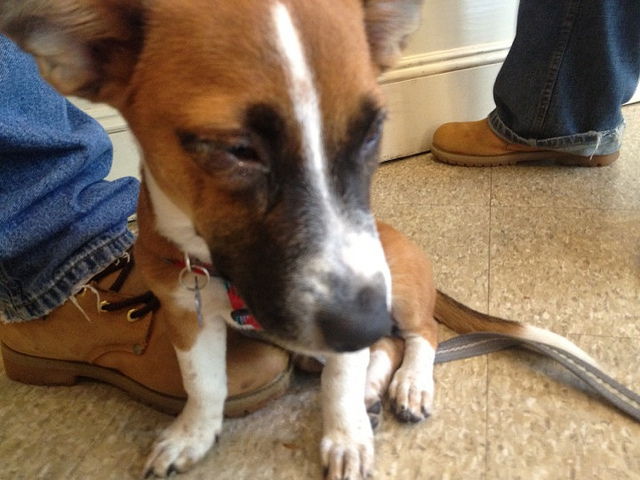
(H/T: LittleThings.com)
 Toledo, United States.
Toledo, United States.